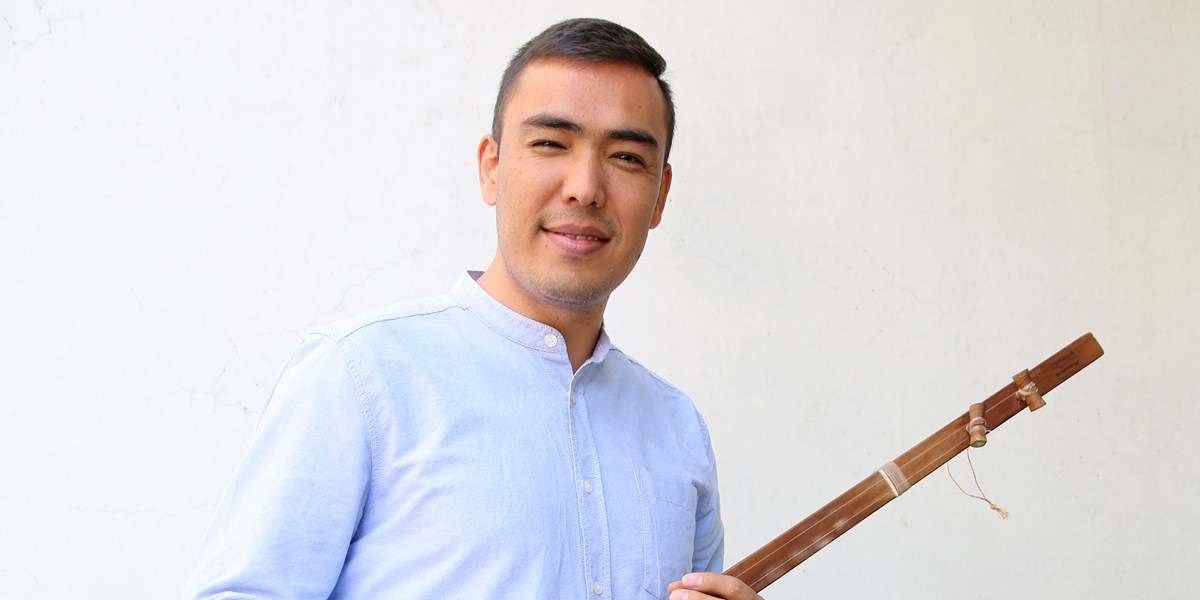Friday, January 31, 2020
Hamid Sakhizada: "There were Hazara people that hadn't forgotten their culture"
Songlines spoke to the Afghan musician who, despite threats to his life, wants to show the world the beauty of Hazara music

Hamid Sakhizada (photo by Knut Utler)

Register now to continue reading

Thanks for visiting the Songlines website, your guide to an extraordinary world of music and culture. Sign up for a free account now to enjoy:
- Free access to 2 subscriber-only articles and album reviews every month
- Unlimited access to our news and awards pages
- Our regular email newsletters

